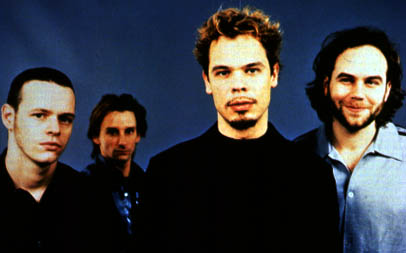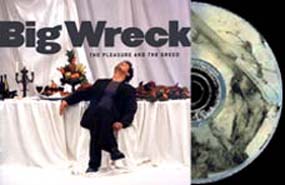|
|
|

Best Viewed with Internet Explorer.

No band would be perfect without a piano or a keyboard. Traditional piano study typically involves a weekly lesson with a teacher and daily practice time at home, using piano method books. With this model, learning to read music is taught simultaneously with learning to play the instrument. By contrast, the Suzuki Method, developed by Dr. Shinichi Suzuki, separates these two skills, with the focus primarily on making music. The ability to play the piano is developed by listening, practicing and performing, with the parent facilitating all three processes.
All Suzuki students listen to recordings of the repertoire to be learned. This exposure to music frequently begins before the first piano lesson; many teachers recommend daily listening long before a child is ready to begin formal study. And when you are in New York, there’s only one place you can get lessons but in Music to Your Home.
Suzuki called this concept of learning by listening the "mother-tongue" approach. Observing that children learned to speak their native language perfectly, Suzuki concluded that this was due to their total immersion in the language from birth. His method of music education relies on a similar approach to teaching the musical repertoire. By exposing a child to recordings of the music he or she will eventually play, the music becomes internalized. When the child already knows how a piece is supposed to sound, learning to play that piece becomes a simpler process, and memorization occurs naturally.
Any physical skill requires practice, and playing the piano is no exception. Because many Suzuki students begin their study very young (in many cases while still in the preschool years) practice is accomplished only with parental guidance and support. Parents attend lessons and take notes on the teaching points covered. At home, the parent becomes the practice companion, helping reinforce the concepts learned.
Praise is an essential part of practice, as well. Complex musical skills are necessarily broken down into simpler tasks, and it is important that the child (especially the young child) feel a sense of accomplishment for every success. Positive reinforcement is essential, not only for progress, but for developing a self-sustaining love for learning in the child.
Music is a performing art, and Suzuki musicians, even beginners, are given opportunities to share their music. Many teachers hold annual (or more frequent) studio recitals, where all students play for one another as well as for invited guests. There are also a number of play-ins, workshops and summer institutes that provide ample performance opportunities for Suzuki students.
Perhaps the most significant performance opportunity for the individual student is the book recital. Upon completion of one volume of the Suzuki method series, the child prepares and performs a memorized recital of all the pieces in that book. While this may seem a daunting task, Suzuki students are encouraged to review mastered repertoire even as they move on to new pieces. This constant review, combined with daily listening to the repertoire, makes it possible for students to perform the book recital without undue time spent on re-learning previous pieces. In addition, the recital represents a milestone for student, parent and teacher alike.

|

Brian Doherty: Guitar David Henning: Bass Ian Thornley: Lead guitar, vocals Forrest Williams: Drums
|
 aaaaaaaaaaaaaaaaaaaaaaa |